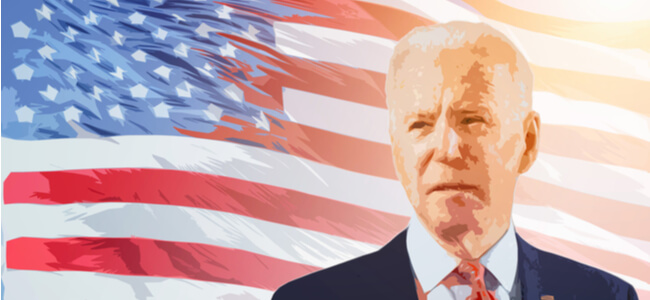Expert Opinion: The Impact Of Student Loans On The Upcoming Presidential Election

Borrowers across the United States have accumulated $1.64 trillion in student debt. This number continues to grow, which is why there’s a rising concern for many Americans. Thus, educational reform has become a primary topic for the upcoming presidential election.
Let’s take a deeper look at how student loans impact the elections.
Student Loans Have Been A Major Topic Of Discussion
Every year, more than one million students apply for federal student loans in the United States and about 93% graduate with debt. As of 2020, the arrears have scaled to $1.64 trillion, making it a major topic for national attention. Both presidential nominees can’t avoid this statistic and have voiced their strong take on addressing educational policies and correcting existing structures.
Earlier in the primary election phase, Democrats motivated voters to engage in discussions to bring about educational reform. As elections approach, priorities seem to have shifted to other concerns in the wake of a pandemic induced recession.
Promising educational reforms isn’t one of the main factors that can sway voters’ minds in 2020. However, it’s a strong initiative to have on the nominee checklist. This is because about 65% of the voting community still considers education as one of their top priorities.
Student Loan Concerns Will Resurface Once The Forbearance Period Ends
The ongoing pandemic has dealt a sharp blow to the economy, making it difficult for people to keep up with their bills. In light of the COVID-19 situation, President Trump passed the CARES Act which allowed the borrowers to heave a sigh of relief. The act defers the payment of debts until September 2020. During this period, interest won’t be accrued on the arrears and all collections, wage garnishment, and so forth will be on hold.
The debt status isn’t going to change. Once the period ends, borrowers will have to start repaying. With the pandemic and ongoing economic crisis, it’ll be difficult to manage the repayments.
The extension of the forbearance period, as suggested by the Democrats under the HEROES Act, will provide additional time for borrowers to get back on their feet and revise their economic plans for the near future. Though education will be a discussed topic in the current elections, millennials are realizing the pressing need to change the education system.
What The Candidates Have To Say About Student Loans
Every candidate has their plan to make education an affordable right in the US.
Joe Biden, the Democrat nominee, has been very vocal about upending existing student loan applications and repayment structures. He suggested the following:
- Free tuition fees at community colleges or public universities
- Biden proposes to annul the debt repayments for borrowers who earn less than $25,000 per year
- Cancellation of arrears for undergraduate tuition
- Loans up to $50,000 would be pardoned
- Lending products under forgiveness plans won’t be taxed
- Reforms of the Public Loan Protection Program
- Increase in Pell Grants amounts
Vice Presidential candidate nominee Kamala Harris is also a strong supporter of bringing in student loan reforms. During her stint as attorney general of California, she fought against for-profit colleges that prey on students financially. She plans to challenge such systems if she’s elected. In addition, she has been advocating for a debt-free college education since 2018 and intends to increase the federal funds allocated for each state.
Donald Trump, the Republican nominee running for his second term as President, has mentioned his plans for the education sector, however, details haven’t yet been divulged. Although, his focus of interest can be predicted from his previous proposals on student borrowing, which include:
- Putting a limit on borrowing for graduate studies and parents
- Revision of repayment plans depending on the income structure of borrowers
- He plans to remove the Direct Subsidized Federal Student Loan Program
- Elimination of Public Loan Forgiveness Program
Voters With Ongoing Debts May Lean Towards Democrats
Joe Biden has elaborate plans to refine federal student loans for the 2021 budget sessions, and the plans look like they could be a step in making education a priority for all. As Vice President of the Obama administration, he has a history of supporting education bills in the past.
Moreover, the Democrat Vice Presidential candidate Kamala Harris has an established track record of fighting for affordable education as the attorney general of California. Her legacy adds further weight to the Democratic party’s stance on relieving student debt, both existing and future.
The Trump Administration’s stance on restricting lending structures in the past could drive young voters to be more in favor of the educational reform strategies promised by the Democratic party.
The Bottom Line
Though the most pressing matter at the moment is salvaging GDP and discovering a vaccine for COVID, student loans impact the election. Reformed plans benefit millennials, who account for more than half of the US population. Hence, these individuals have significant merit in deciding the fate of the election.



